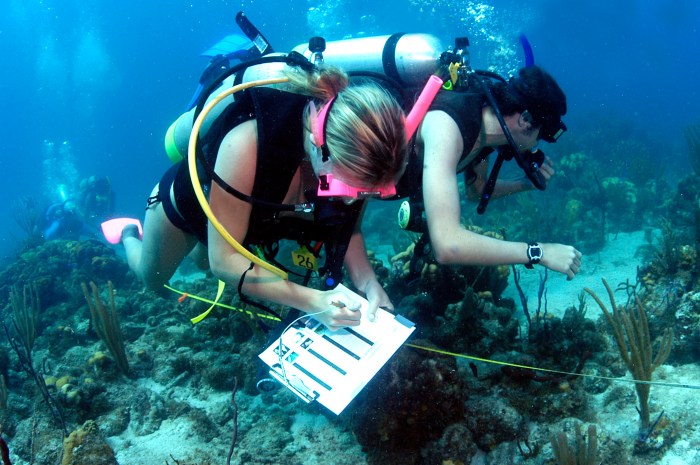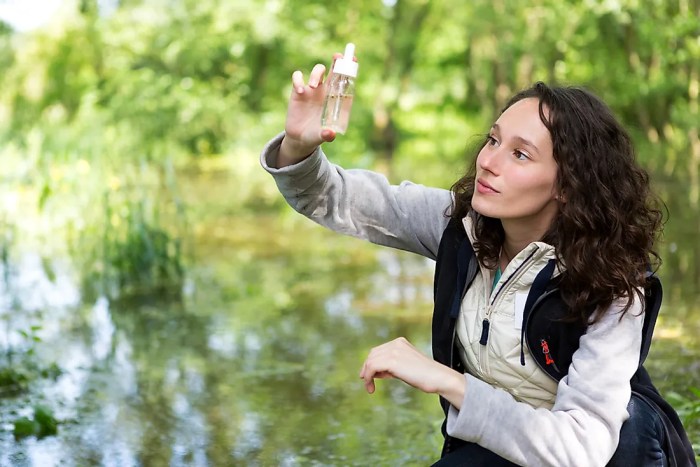What do biologists do when they visit france answer key – What do biologists do when they visit France? This captivating inquiry sets the stage for an enthralling narrative, offering readers a glimpse into a story that is rich in detail and brimming with originality from the outset. Biologists’ visits to France are not mere excursions; they are journeys of scientific exploration, collaboration, and cultural immersion, revealing the multifaceted nature of their work and its profound impact on our understanding of the natural world.
In the vibrant tapestry of French scientific history, biologists find a wealth of inspiration and resources. From the legacy of Louis Pasteur to the cutting-edge research conducted at world-renowned institutions, France provides a fertile ground for biological inquiry. Biologists delve into diverse areas of research, including ecology, molecular biology, and neuroscience, contributing to the advancement of scientific knowledge and the betterment of human health.
Biologists’ Activities in France

Biologists visiting France engage in a wide range of activities that contribute to their research and professional development. These include:
- Fieldwork:France offers diverse ecosystems and habitats, providing opportunities for biologists to conduct field studies on a variety of organisms, from marine life to alpine flora.
- Laboratory research:Biologists can collaborate with French research institutions and universities to conduct laboratory experiments and utilize specialized equipment.
- Data analysis:France has a wealth of biological data available, enabling biologists to analyze and interpret research findings.
- Scientific exchange:Biologists attend conferences, workshops, and seminars in France to present their research, learn from others, and foster collaborations.
Biologists choose to visit France for its:
- Research infrastructure:France boasts world-renowned research institutions, universities, and facilities dedicated to biological sciences.
- Biodiversity:France’s diverse ecosystems provide a rich and varied research environment for biologists.
- Scientific expertise:France has a long tradition of scientific excellence in biology, with a large community of highly skilled researchers.
Research Focus in France

France is a leader in several key areas of biological research, including:
- Molecular biology:Research on gene expression, protein structure, and genetic engineering.
- Ecology:Studies on population dynamics, biodiversity conservation, and climate change impacts.
- Neuroscience:Investigations into brain function, neurodegenerative diseases, and cognitive processes.
- Microbiology:Research on microorganisms, including bacteria, viruses, and fungi.
- Biotechnology:Development of new technologies for medical, agricultural, and industrial applications.
Notable research institutions and universities in France that specialize in biological sciences include:
- Institut Pasteur
- Université Paris-Saclay
- Centre National de la Recherche Scientifique (CNRS)
- Muséum National d’Histoire Naturelle
- Institut National de la Santé et de la Recherche Médicale (INSERM)
Collaboration and Networking

Visiting France provides biologists with ample opportunities for collaboration and networking. The country hosts numerous scientific conferences, workshops, and events that bring together researchers from around the world. These events facilitate:
- Exchange of ideas:Biologists can present their research, receive feedback, and learn about new developments in their field.
- Building partnerships:Conferences and workshops provide a platform for biologists to connect with potential collaborators for future research projects.
- Access to resources:Attending events in France can provide biologists with access to specialized equipment, research facilities, and funding opportunities.
Cultural Immersion: What Do Biologists Do When They Visit France Answer Key

Beyond the scientific benefits, visiting France also offers biologists the opportunity for cultural immersion. By engaging with the local scientific community and society, biologists can:
- Gain insights into French scientific history:France has a rich history of scientific discovery, and biologists can visit historical landmarks and museums to learn about the contributions of French scientists.
- Appreciate French scientific traditions:France has a unique approach to scientific research and education, which biologists can experience firsthand.
- Broaden their perspectives:Immersing themselves in French culture can help biologists develop a more global and nuanced understanding of scientific research and its societal implications.
Questions and Answers
What are the key areas of biological research that biologists focus on during their visits to France?
Biologists visiting France engage in a wide range of research areas, including ecology, molecular biology, neuroscience, and biotechnology. They leverage France’s rich scientific infrastructure and expertise to advance their understanding of fundamental biological processes and address pressing global challenges.
How do biologists benefit from the cultural immersion aspect of visiting France?
Cultural immersion in France exposes biologists to diverse perspectives and allows them to appreciate the historical and societal context of scientific advancements. Interactions with local scientists, visits to historical landmarks, and exploration of the natural environment provide a deeper understanding of the interconnectedness between science and culture.
What are some notable research institutions and universities in France that specialize in biological sciences?
France boasts several world-renowned research institutions and universities specializing in biological sciences, including the Pasteur Institute, the National Center for Scientific Research (CNRS), Sorbonne University, and the University of Strasbourg. These institutions provide state-of-the-art facilities, cutting-edge research programs, and opportunities for collaboration.